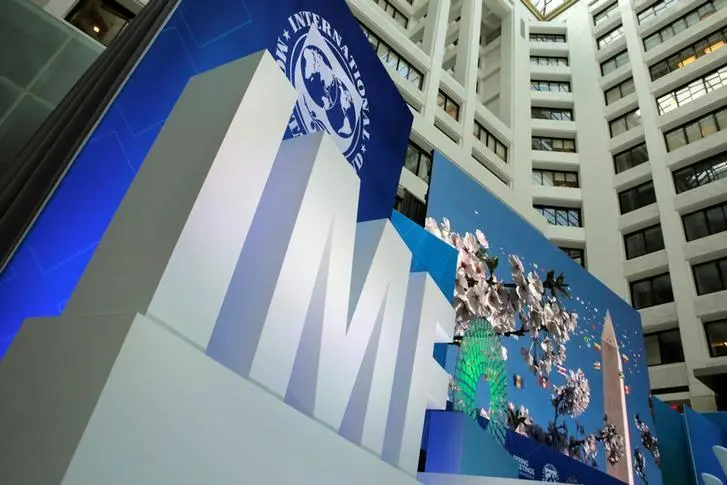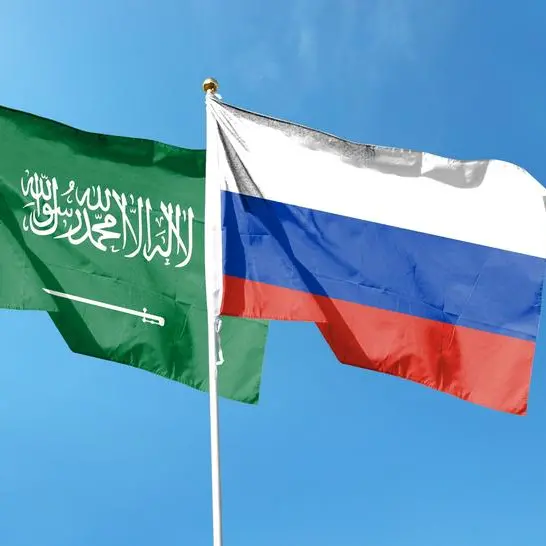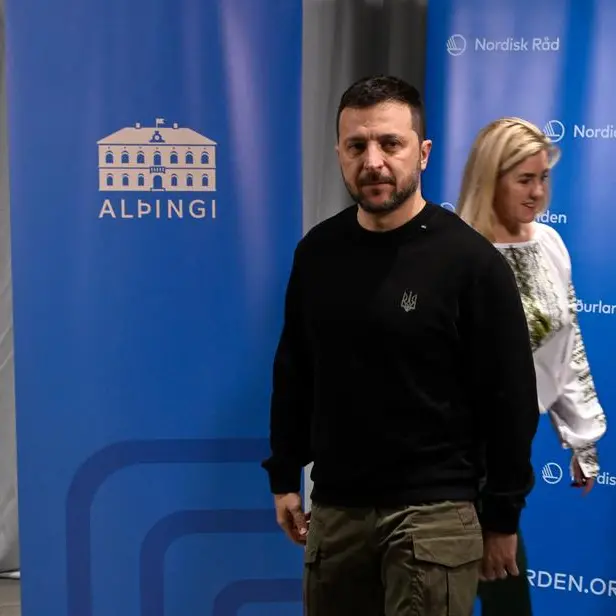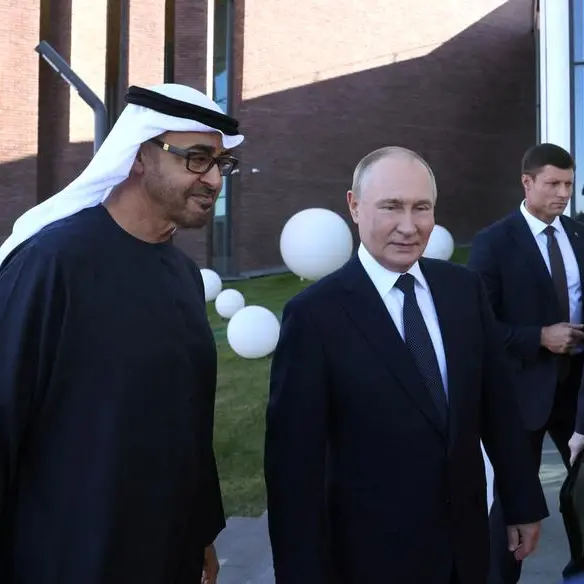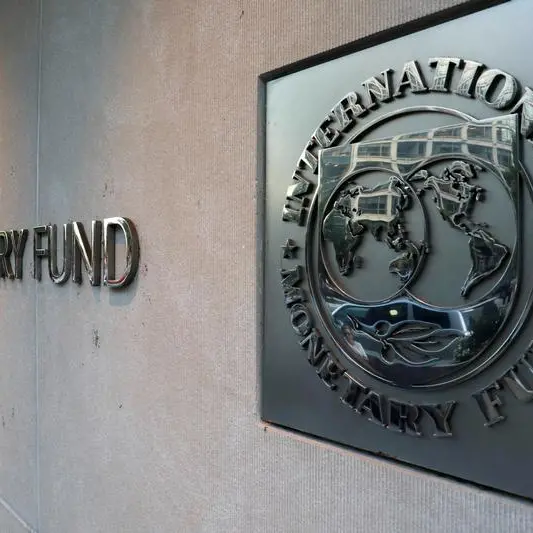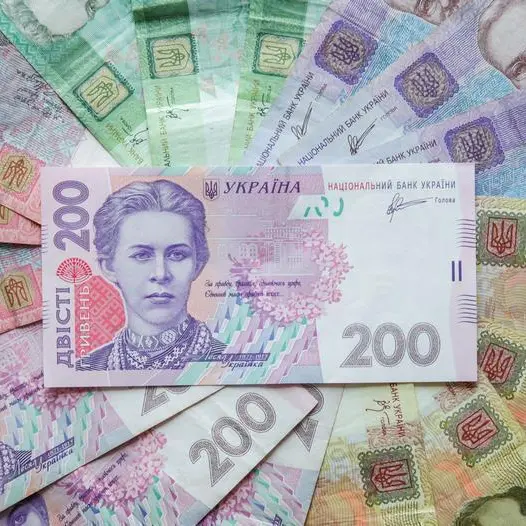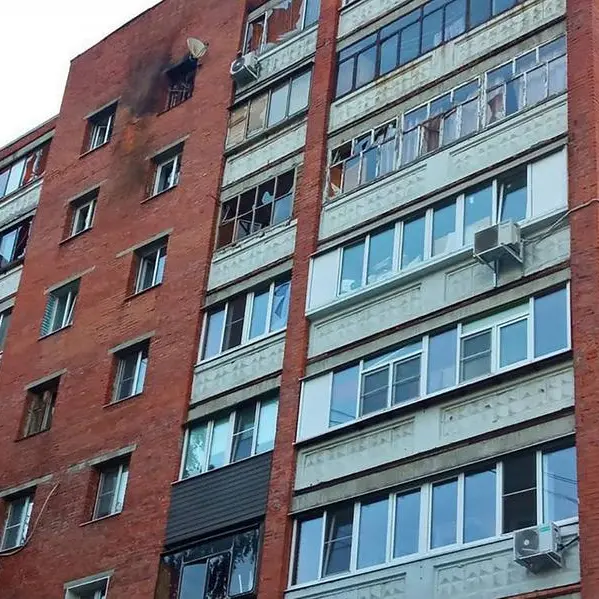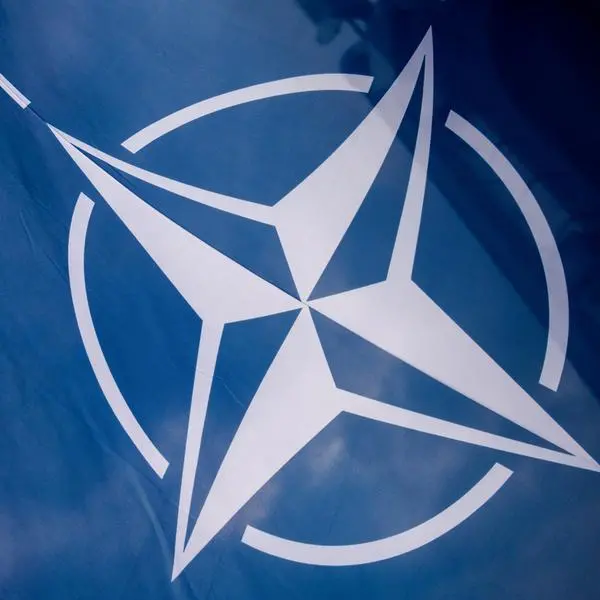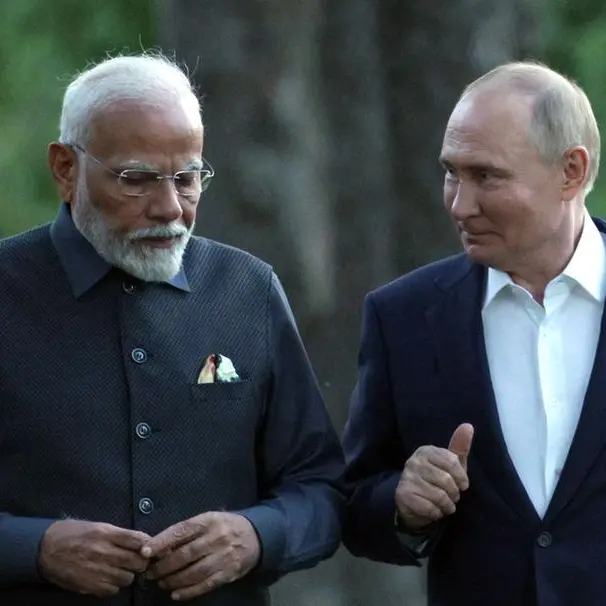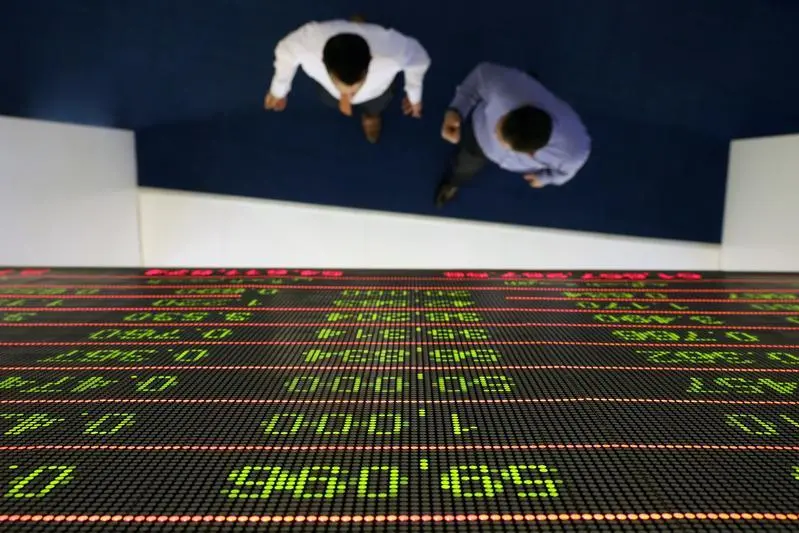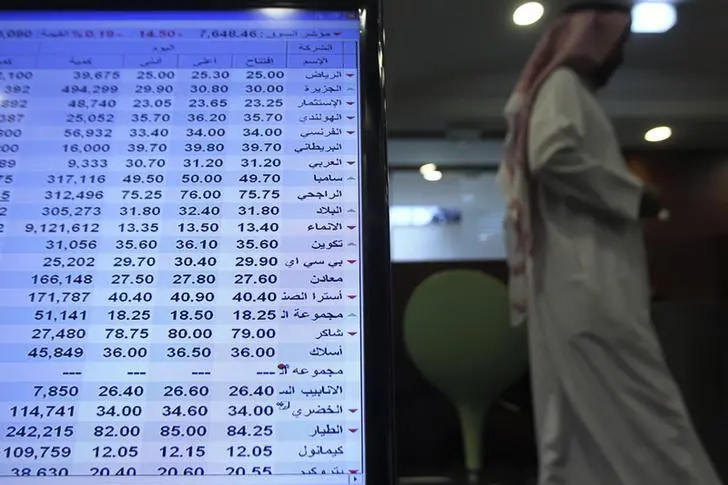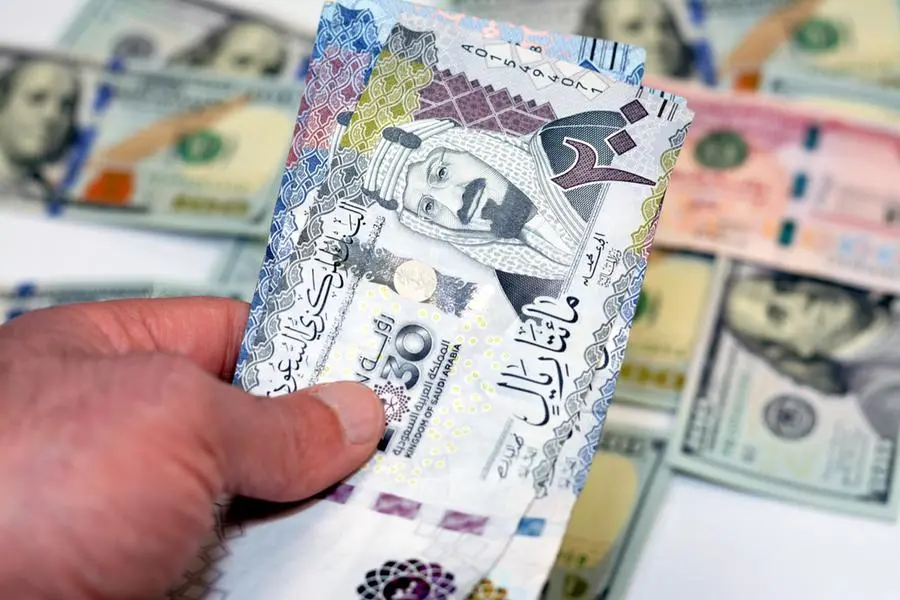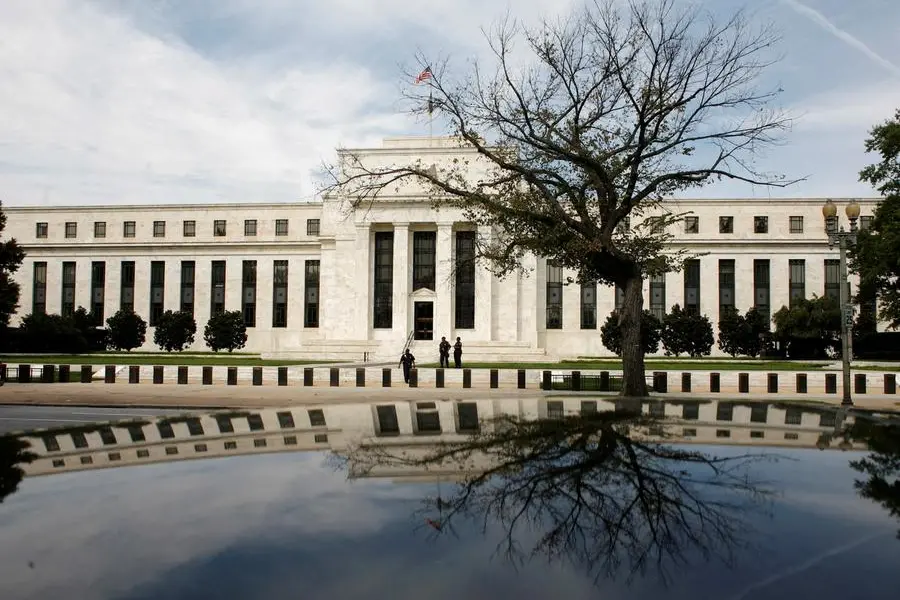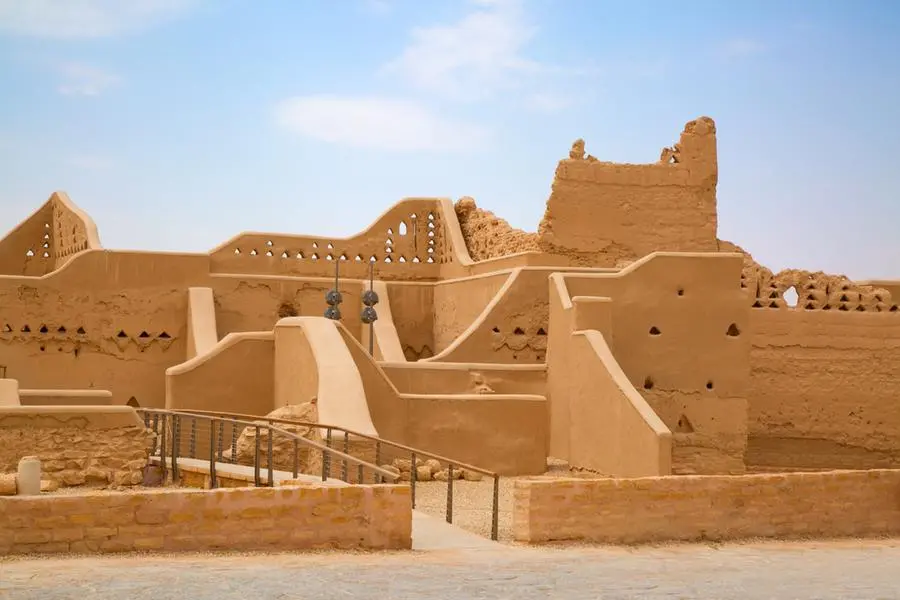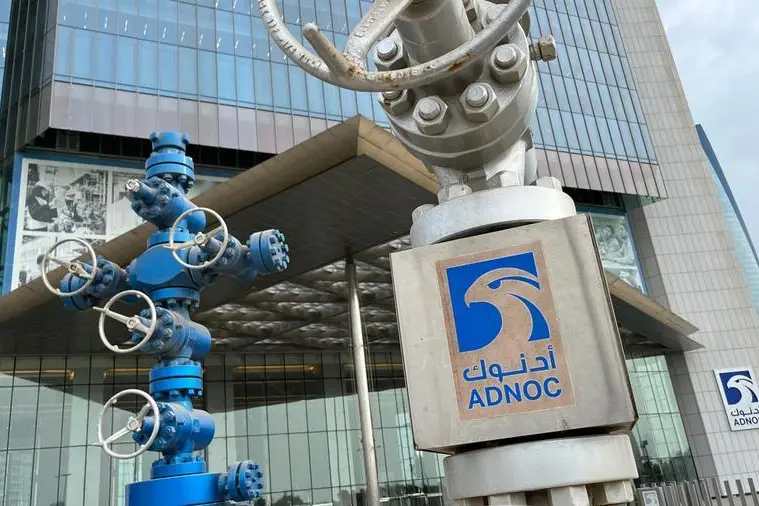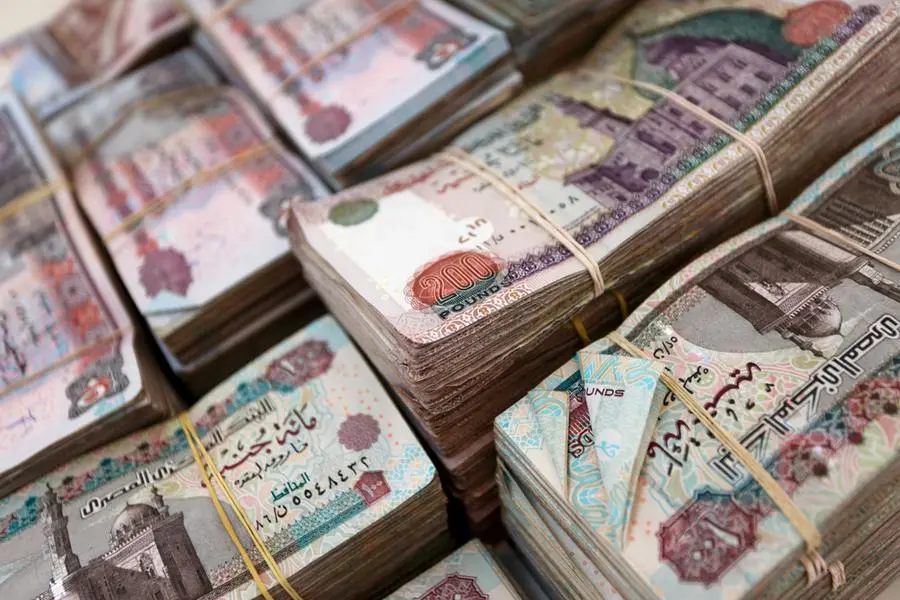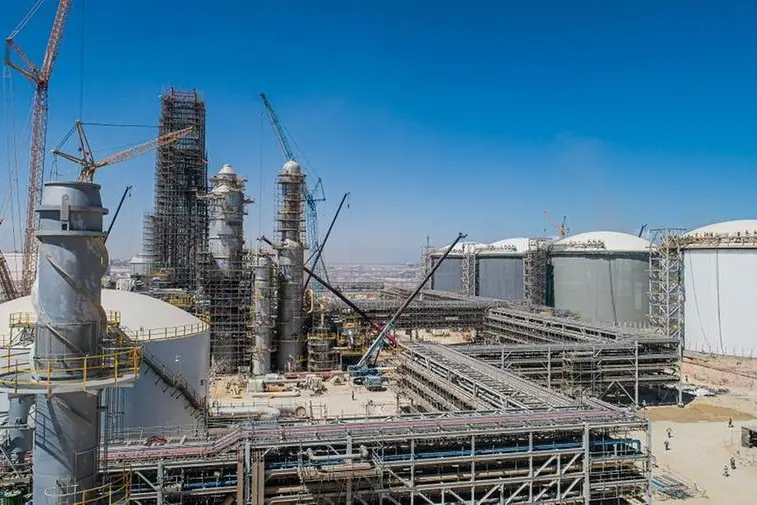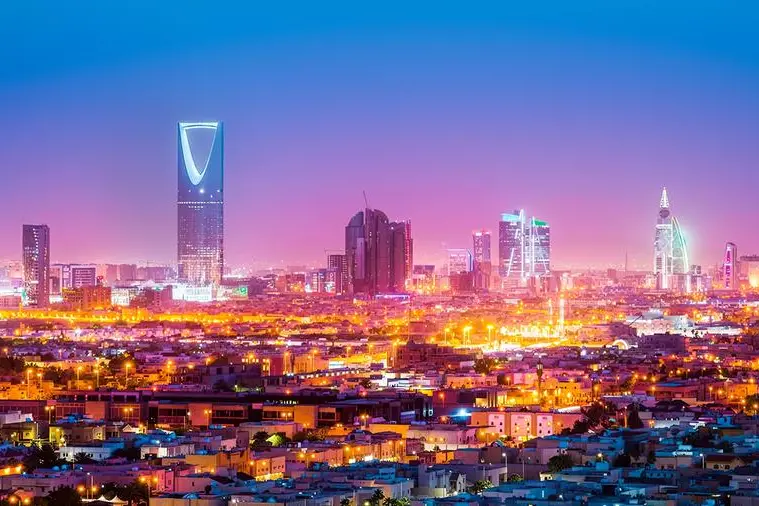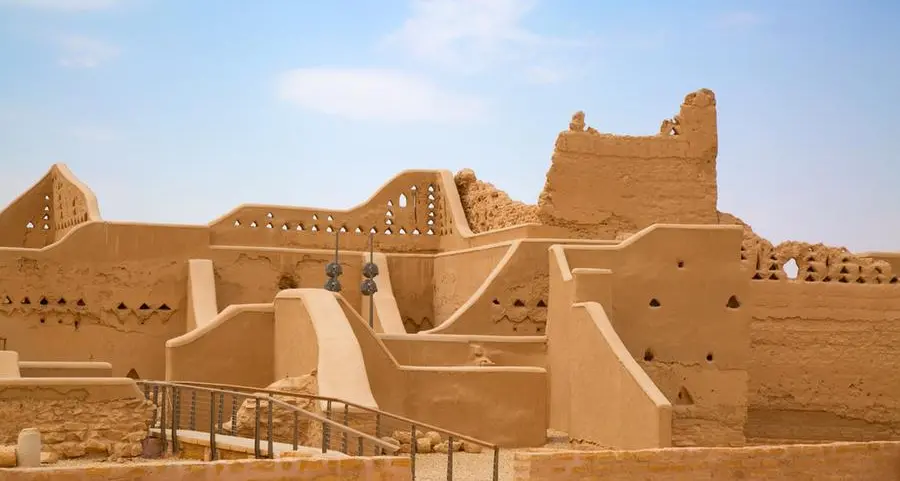PHOTO
For years, the IMF’s special drawing rights (SDRs) has been a lifeline to African nations suffering from fiscal deficits and balance of payment issues. Now, the fund is willing to extend loans to governments struggling with the economic consequences of the Russia-Ukraine war.
“We have ample lending room for these countries that want to defray some of their financing by coming towards our lower cost financing,” Abe Selassie, Director of the IMF’s African Department, said in a recent interview with CNBC Africa.
The IMF’s allocation for African nations stands at $33 billion. Selassie ruled out the disbursement of a fresh round of SDRs for Africa, especially since the fund approved $650 billion worth of global SDR allocation in August 2021 to mitigate the impact of the pandemic.
“SDR allocation tend to happen every decade and in response to global liquidity condition…There has been significant injections already very recently,” he said.
The last time the IMF approved an SDR before the 2021 allocation was in 2009, during the global financial crisis.
Selassie said that the IMF is already engaging in direct discussions with African governments and monetary regulators to determine the best policy response to the ongoing crisis.
He added that the IMF is in the midst of revising its 2022 outlook figures for Africa’s economic performance in light of the ongoing war. However, he refrained from sharing any figures saying: “Our numbers are very much in a flux.”
Many African countries are expected to struggle with higher inflation rates and wider current account deficits due to the rising global prices of oil and food commodities, he said.
The continent, especially sub-Saharan Africa has already been struggling with an accelerating inflation rate since 2019. In 2021, the average food price inflation reached 11 percent from 2 percent in 2019, according to IMF figures.
“Even for our oil exporters, they will be seeing a lot more pressure on the balance of payment in the near term because oil is sold on a forward basis,” he said. “So, the effects of higher oil prices will not accrue until sometime later.”
Only ten out of Africa’s 54 countries are considered oil producers. The ten countries are: Nigeria, Libya, Angola, Algeria, Egypt, the Republic of the Congo, Ghana, Gabon, Equatorial Guinea and Chad.
On whether African governments need to pass new relief packages, Selassie said it is a tough call. “Many countries have used quite a significant amount of room they had to deal with the effects of the pandemic already. It makes the trade-offs available to [finance] ministers more difficult,” he said.
In the meantime, Selassie still expects governments to announce stimulus packages to support people who will be most affected by high commodity prices.
The war broke out as the world world’s poorest continent was still struggling with the economic consequences of the global pandemic. Because of COVID-19, the number of Africans living under the poverty line of $1.90 a day jumped from 478 million in 2019 to 490 million in 2021, according to the UN Conference on Trade and Development.
(Reporting by Noha El Hennawy; editing by Seban Scaria) seban.scaria@lseg.com
